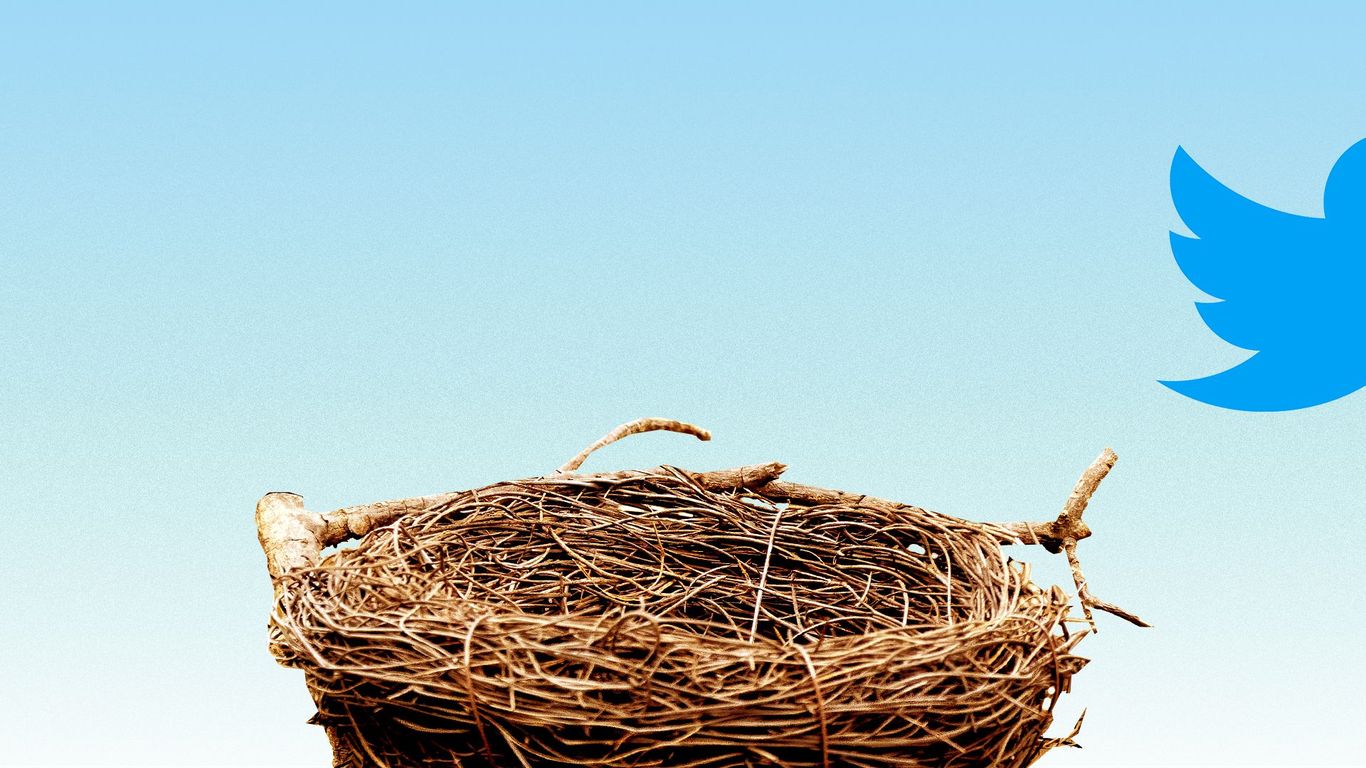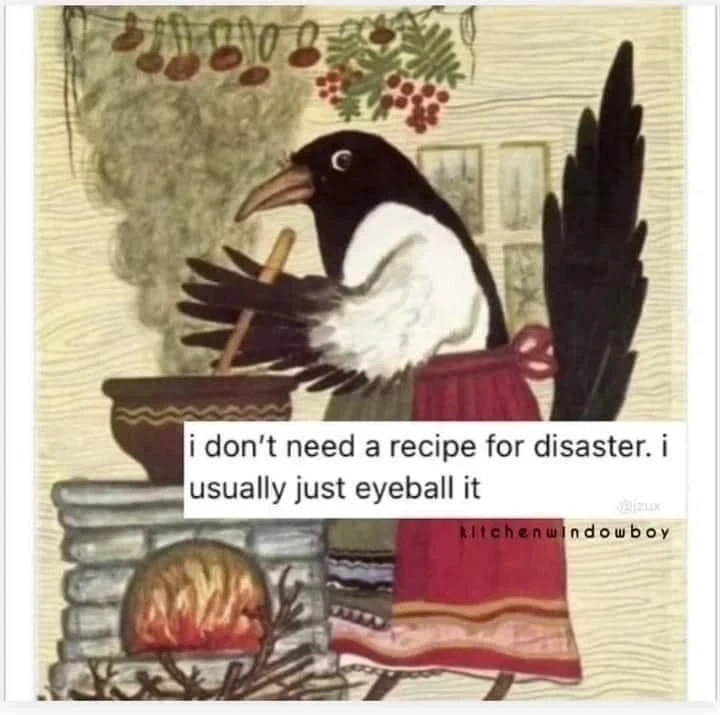Archive Link from archive.today
Original link from Axios
From Axios:
"Several Twitter alternatives are emerging but it’s not clear which, if any, will become the new platform of choice for scientists.
Experts often point to Mastodon, Bluesky and Meta’s planned Twitter rival as possible options. Many scientists have been publishing elsewhere for a while on platforms like Substack.
Caballero suggested the future may be in a “decentralized” social media platform that mirrors the distribution model of podcasts, which have platforms such as Spotify and Apple."
So, Substack is nothing like Twitter. I personally like it better, but it’s a fancy mailing list as far as I know - provides subscription options and a web archive. I honestly think this microblogging is not really want a scientist (or anyone who has nuance in their writing or opinions or thoughts) would want - it’s a soundbite at best. So going back to basically a mailing list (that operates like a blog) is a big improvement to me. And providing monetization for the posters and platform via subscriptions seems more sustainable for more types of content.
I can see some people who thought Twitter pre Musk was golden going for Bluesky simply because of the founder’s personal brand. Otherwise, I have trouble thinking why people would go for Meta’s anything new - given how poorly their new products have gone recently (metaverse?). So in the free and open, of course Mastodon makes sense, and I’m on that, but I don’t find any community or real discussions on it. The format just isn’t conducive to that IMHO.
Something to keep on mind is that Twitter (and Twitter followers) never had a log of weight in academic promotion discussions. You could be a “public scholar” on Twitter but that might not help you with tenure.
Something like substack might work better because it will give academics a “hard count” of followers with whom they share their work beyond scholarly publications.
Long story short, moving from Twitter benefits academics more than staying.
There were quite a lot of discussions between scientists as peers though. Following Deepmind’s protein folding algorithm, AlphaFold was opensourced, there were discussions that were Actual Science ideas happening on Twitter, because everyone was excited about how they could adapt and use this cool new tool for their particular research. I know this, because I had to ask my supervisor how to cite a Twitter discussion (and she had to check with her colleagues)
Why am I not surprised that Joe Rogan was involved in this?
I’ve been seeing more and more credible journalists and scientists popping up on Mastodon. No idea if that’s a wider trend or just my limited experience.
Is there a reason that let them reconsider moving from Twitter (again)?





